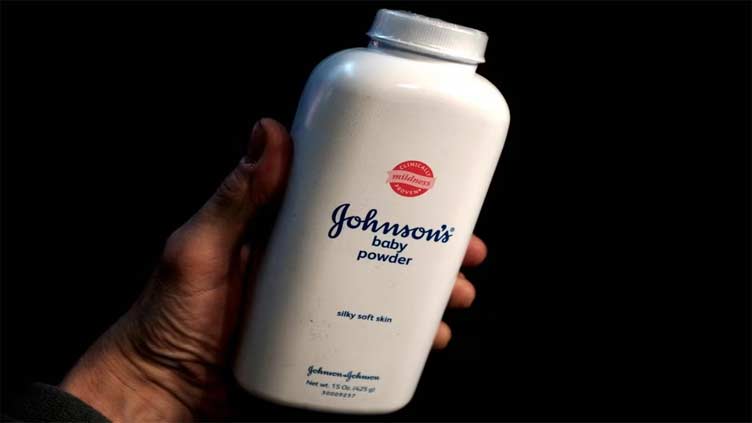J&J effort to resolve talc lawsuits in bankruptcy fails a second time

J&J's first bankruptcy gambit began in 2021
NEW YORK (Reuters) - A U.S. judge shot down Johnson & Johnson's second attempt to resolve tens of thousands of lawsuits over its talc products in bankruptcy, imperiling a proposed $8.9 billion settlement that would stop new lawsuits from being filed.
U.S. Bankruptcy Judge Michael Kaplan in Trenton, New Jersey, ruled that a J&J company's second bankruptcy, like its first, must be dismissed because the talc lawsuits did not put it in immediate "financial distress."
"In sum, this Court smells smoke, but does not see the fire," Kaplan wrote, referring to the J&J unit LTL. "Therefore, the emphasis on certainty and immediacy of financial distress closes the door of chapter 11 to LTL at this juncture."
J&J said on Friday that it would appeal Kaplan's decision, and said it would vigorously defend itself against lawsuits that are "specious and lack scientific merit."
J&J's first bankruptcy gambit began in 2021, when it offloaded its talc liabilities into a new company, LTL Management, and immediately placed that company into bankruptcy.
LTL's first bankruptcy was dismissed in April after a U.S. appeals court ruled that it was not in sufficient financial distress to be eligible for bankruptcy protection.
LTL quickly filed for bankruptcy again, arguing that its second effort has won more support from plaintiffs for a comprehensive settlement of current and future lawsuits alleging that J&J's baby powder and other talc products sometimes contained asbestos and caused mesothelioma, ovarian cancer and other cancers.
J&J has said its talc products are safe and do not contain asbestos.
Attorneys representing cancer victims, along with the U.S. Justice Department's bankruptcy watchdog, had called for LTL's second bankruptcy to be dismissed as an abuse of U.S. bankruptcy law.
Andy Birchfield, an attorney who represents cancer victims, said the second bankruptcy was meant to keep the talc lawsuits from being heard by juries.
"J&J has spent two years trying to convince us that somehow a company worth a half-trillion dollars is bankrupt," Birchfield said. "It's time for the nonsense to stop and for J&J to accept responsibility."
J&J argued that the proposed bankruptcy settlement offers a fairer and faster resolution for cancer claimants than litigation in other courts.
J&J compared recent trials to a "lottery" in which some litigants receive large awards and others get nothing. It said the costs of its talc-related verdicts, settlements and legal fees have reached about $4.5 billion.
Plaintiffs' lawyers who opposed the $8.9 billion offer said J&J had created the "illusion" of support by signing deals with plaintiffs' lawyers who quickly signed up large numbers of clients without ever filing any lawsuits against J&J.
By settling the lawsuits in bankruptcy, J&J could cram down the settlement terms on cancer victims opposed to the deal, and prevent new lawsuits from being filed by people who develop cancer in the future as a result of their talc use, according to lawyers opposed to the deal.
LTL's bankruptcy proceedings have largely paused the 38,000 lawsuits that were filed before October 2021.
Kaplan allowed one case to proceed to trial during LTL's second bankruptcy, resulting in an $18.8 million verdict in favor of a California man who said he developed cancer from exposure to J&J baby powder.

